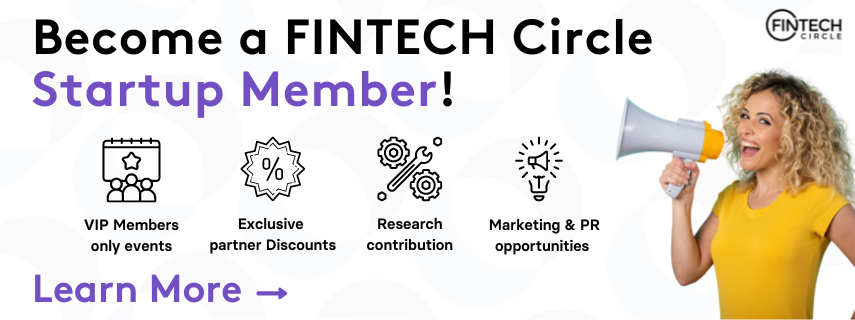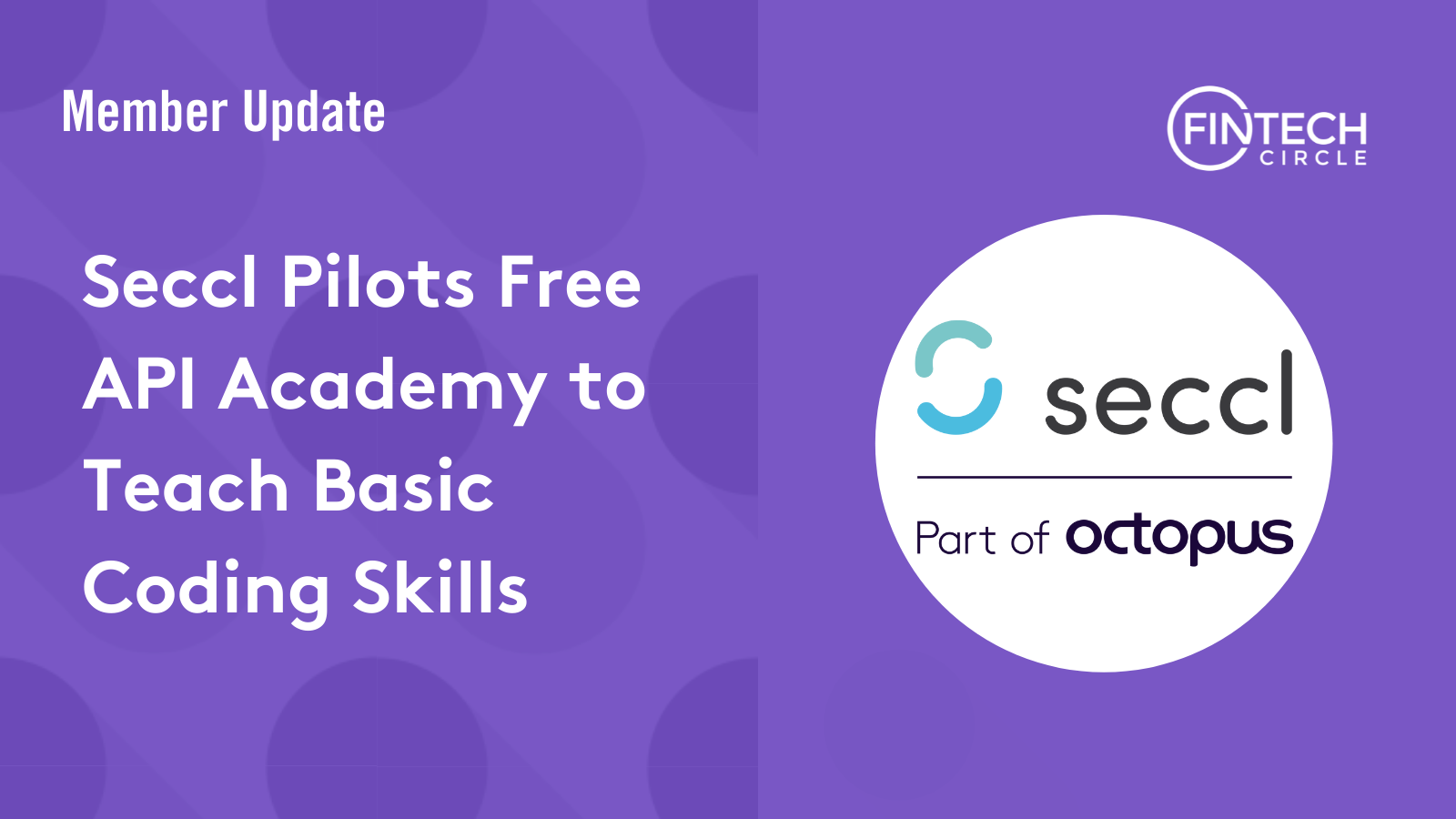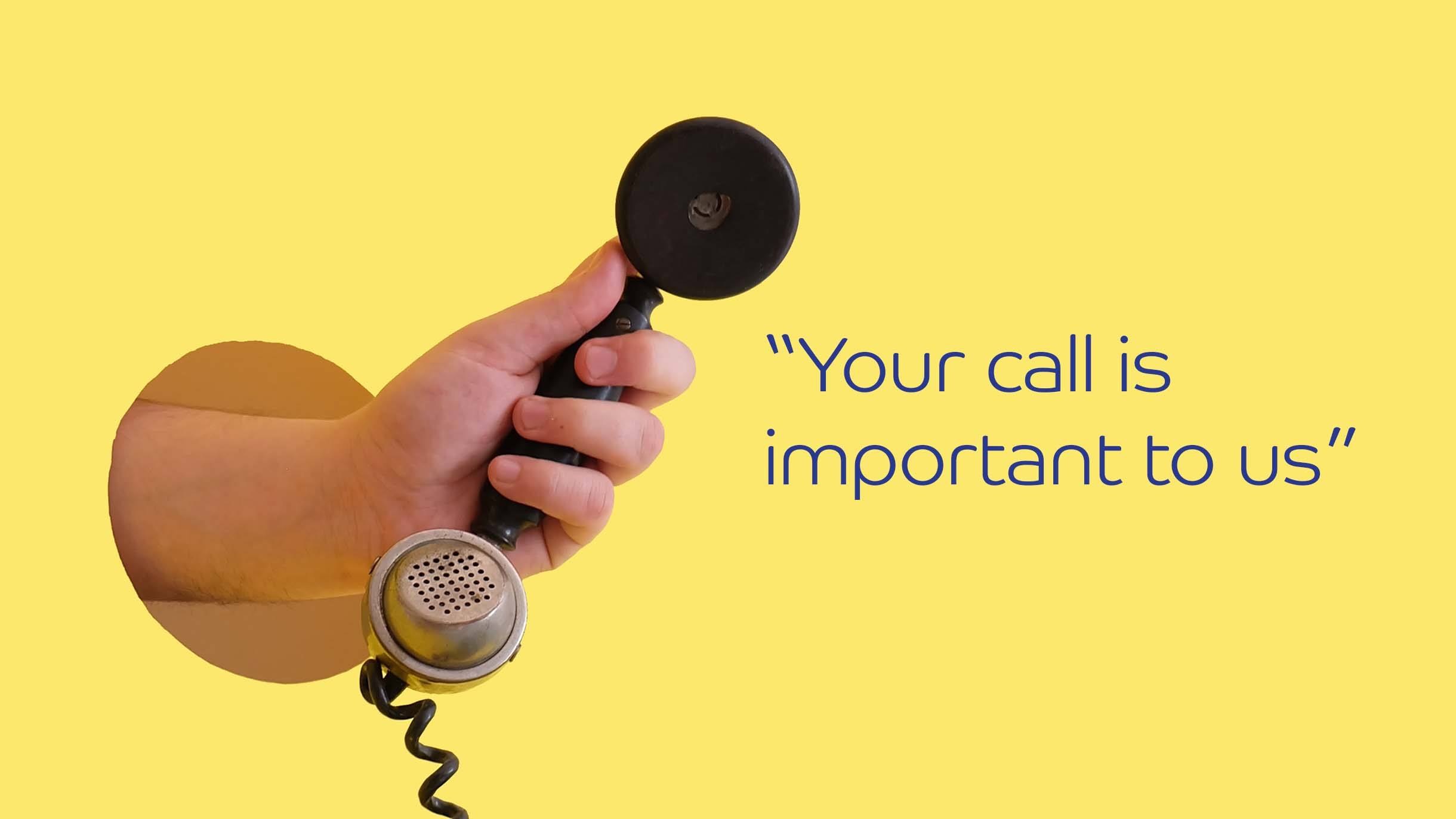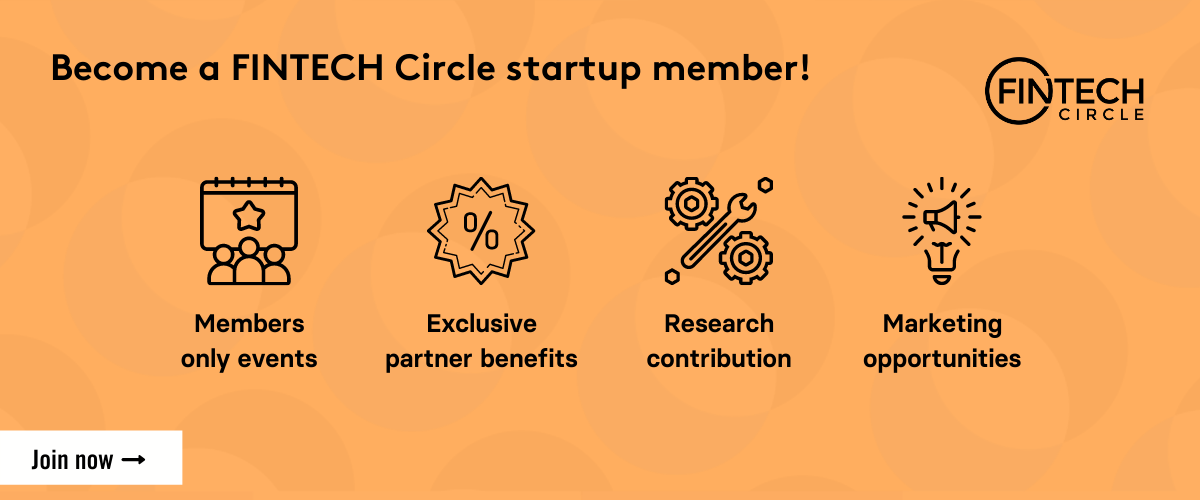How Fintech Start-ups can use Chat GPT across their Marketing Activities to 10X Growth this Quarter

Date: 27 March 2023
Author: FINTECH Circle
As the financial industry continues to evolve, it’s no secret that Fintech start-ups have been at the forefront of this change. One of the key challenges these companies face is how to stand out in an increasingly crowded market.
That’s where Chat GPT comes in – a powerful tool that can help Fintech start-ups enhance their marketing activities and achieve exponential growth in a quarter.
What is Chat GPT?
Chat GPT stands for Chat Generative Pre-trained Transformer. It’s a state-of-the-art machine learning model created by OpenAI. Chat GPT can generate human-like responses to natural language queries and conversations. It can also be fine-tuned for specific tasks, such as answering customer questions or creating engaging social media content.
Why should Fintech start-ups use Chat GPT?
Fintech start-ups can use Chat GPT in a variety of ways to enhance their marketing activities. Here are some of the most compelling reasons:
1. Engage customers in real-time
One of the most significant benefits of Chat GPT is that it can engage customers in real-time. This means that Fintech start-ups can create chatbots that can answer customer queries, provide support, and even close sales.
Chatbots can be integrated with messaging apps, websites, and social media platforms, providing customers with immediate access to assistance.
2. Personalise customer interactions
Chat GPT can also be used to personalise customer interactions. By training Chat GPT on customer data, Fintech start-ups can create chatbots that provide tailored recommendations and advice.
For example, a wealth management start-up could create a chatbot that provides personalized investment advice based on a customer’s risk profile and investment goals.
3. Create engaging content
Another benefit of Chat GPT is that it can be used to create engaging content. Fintech start-ups can use Chat GPT to generate social media posts, blog articles, and email newsletters that capture their brand’s voice and tone. This can save time and resources, as Fintech start-ups don’t have to create content from scratch.
4. Scale marketing activities
Finally, Chat GPT can help Fintech start-ups scale their marketing activities. By automating customer interactions and content creation, Fintech start-ups can reach more customers and prospects without hiring additional staff. This can be especially useful for start-ups that are looking to grow quickly without sacrificing quality.
How can Fintech start-ups use Chat GPT?
Now that we’ve covered the benefits of Chat GPT, let’s dive into how Fintech start-ups can use this tool to enhance their marketing activities. Here are some practical tips:
1. Create a chatbot for customer support
The first step is to create a chatbot that can handle customer support queries. This can include answering common questions, providing assistance with transactions, and even initiating sales conversations. By using Chat GPT to create a chatbot, Fintech start-ups can provide a seamless customer experience and reduce response times.
2. Personalise customer interactions
To personalize customer interactions, Fintech start-ups can train Chat GPT on customer data. This can include transaction histories, browsing behavior, and customer preferences. By using this data to tailor chatbot responses, Fintech start-ups can create a personalized experience that builds customer loyalty.
3. Generate content for social media
Fintech start-ups can use Chat GPT to generate content for social media platforms. By training Chat GPT on their brand’s voice and tone, start-ups can create social media posts that resonate with their target audience. This can help build brand awareness and increase engagement on social media.
4. Automate email marketing
Finally, Fintech start-ups can use Chat GPT to automate email marketing campaigns. By generating email copy and subject lines using Chat GPT, Fintech start-ups can create personalized email campaigns that drive engagement and conversions.
This can include welcome emails, abandoned cart reminders, and promotional campaigns. By automating email marketing, Fintech start-ups can save time and resources while still delivering a high-quality experience to their customers.
Tips for Success with Chat GPT
While Chat GPT can be a powerful tool for Fintech start-ups, it’s important to use it effectively. Here are some tips for success:
1. Understand your audience
To use Chat GPT effectively, Fintech start-ups need to understand their target audience. This includes their pain points, preferences, and communication styles. By tailoring chatbot responses and content to their audience, start-ups can create a more engaging experience that builds customer loyalty.
2. Use data to improve performance
Chat GPT can generate insights into customer behavior and preferences. Fintech start-ups should use this data to improve their marketing activities. This includes identifying patterns in customer queries, analyzing social media engagement, and tracking email open rates.
By using data to improve performance, start-ups can optimize their marketing activities and achieve better results.
3. Continuously improve the chatbot
Chatbots can always be improved. Fintech start-ups should continuously test and refine their chatbot to improve performance. This includes monitoring customer feedback, identifying areas for improvement, and updating the chatbot’s responses.
By continuously improving the chatbot, start-ups can create a better customer experience that drives engagement and conversions.
4. Monitor performance metrics
Finally, Fintech start-ups should monitor performance metrics to understand the impact of their marketing activities. This includes metrics such as conversion rates, engagement rates, and customer satisfaction scores. By monitoring these metrics, start-ups can identify areas for improvement and optimize their marketing activities accordingly.
Limitations to Chat GPT
It’s important to note that while Chat GPT can be a powerful tool for enhancing marketing activities, it has its limitations.
For example, it cannot be used to organize VIP roundtables, conduct surveys from 260,000+ members, or interview people to write whitepapers. These activities require a human touch and personalized attention to detail.
This is where FINTECH Circle comes in. As a leading Fintech network and innovation consultancy, FINTECH Circle provides a range of services that complement Chat GPT.
For example, our team can help Fintech start-ups organize VIP roundtables, conduct surveys from 260,000+ members, and interview people to write whitepapers. We have a dedicated team of experts who specialize in these areas and can provide a high-quality, personalized experience to our clients.
At FINTECH Circle, we believe in combining the power of technology with the expertise of our team to help Fintech start-ups achieve their goals. By leveraging Chat GPT for marketing activities and working with our team for personalized services, Fintech start-ups can achieve exponential growth and stand out in an increasingly crowded market.
Conclusion
Chat GPT is a powerful tool that Fintech start-ups can use to enhance their marketing activities and achieve exponential growth. By creating chatbots, personalizing customer interactions, generating engaging content, and automating email marketing campaigns, start-ups can reach more customers and prospects while still delivering a high-quality experience.
By following best practices such as understanding their audience, using data to improve performance, continuously improving the chatbot, and monitoring performance metrics, Fintech start-ups can maximize the impact of Chat GPT on their marketing activities.
About the Author
FINTECH Circle is a global platform of more than 260,000+ Fintech entrepreneurs, investors, finance professionals, academic & government representatives, and solution providers. The company launched Europe’s 1st Angel Investor Network providing seed capital to the best fintech startups in the UK.
FINTECH Circle also runs courses, webinars & innovation workshops for finance teams and C-level executives and publishes fintech thought-leadership titles.




